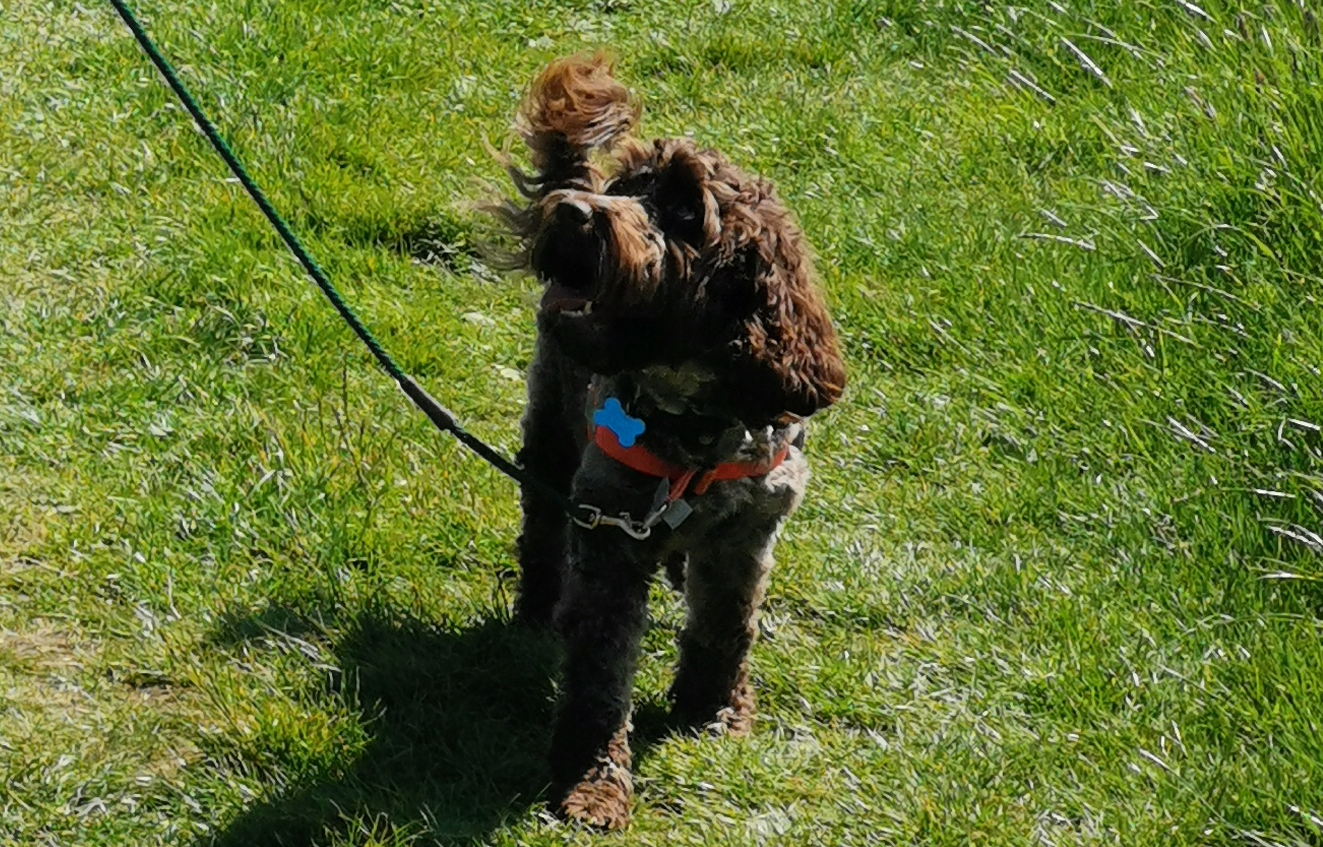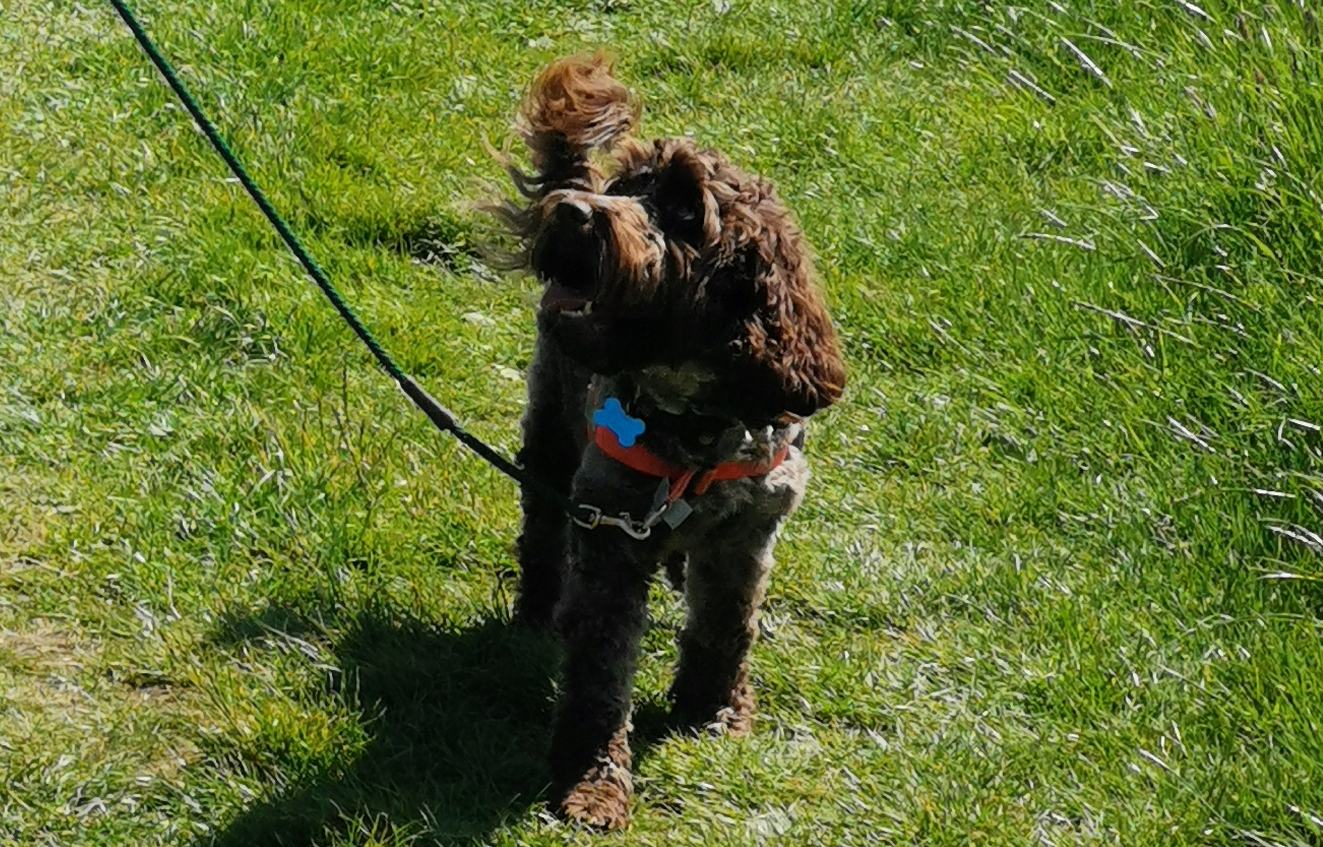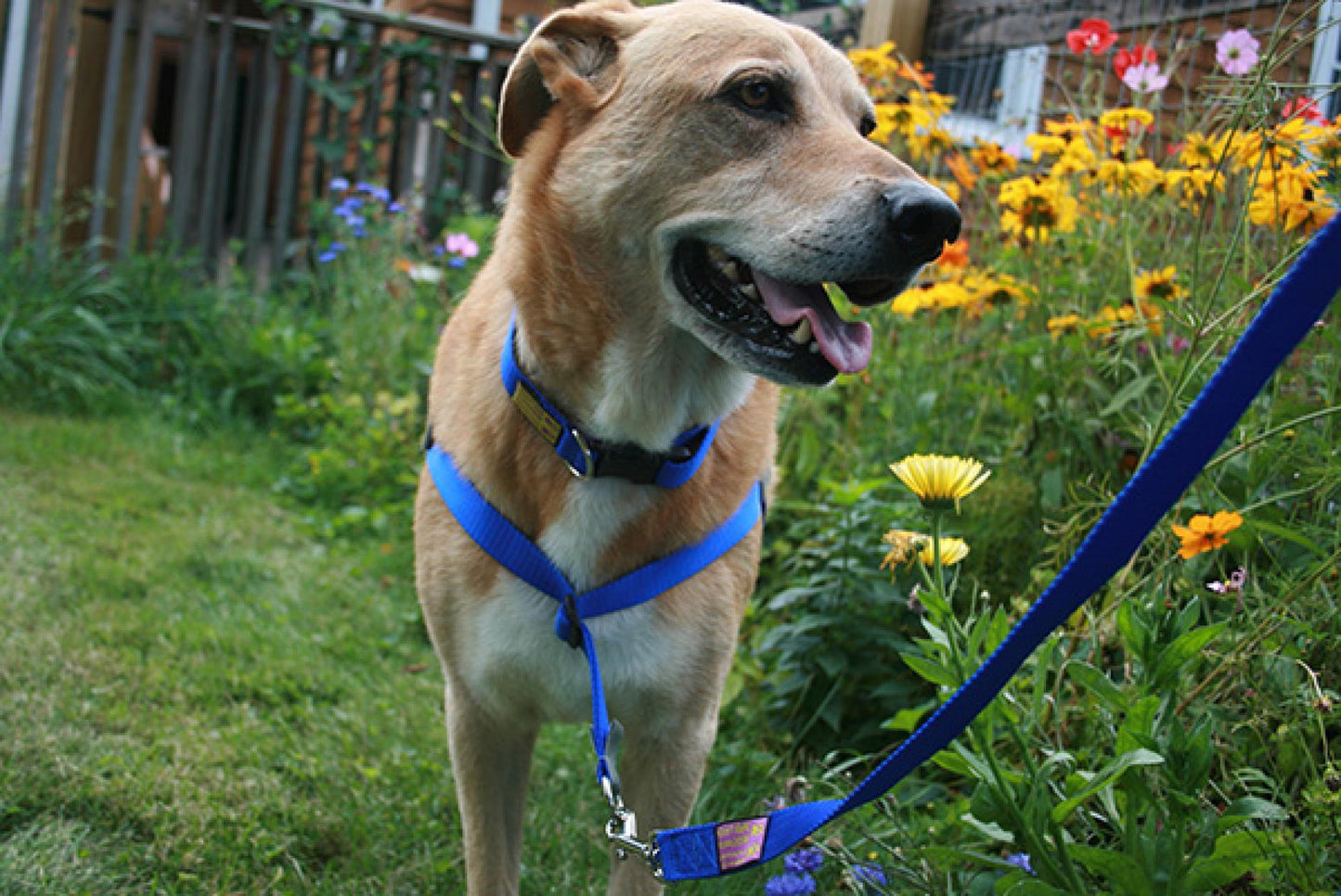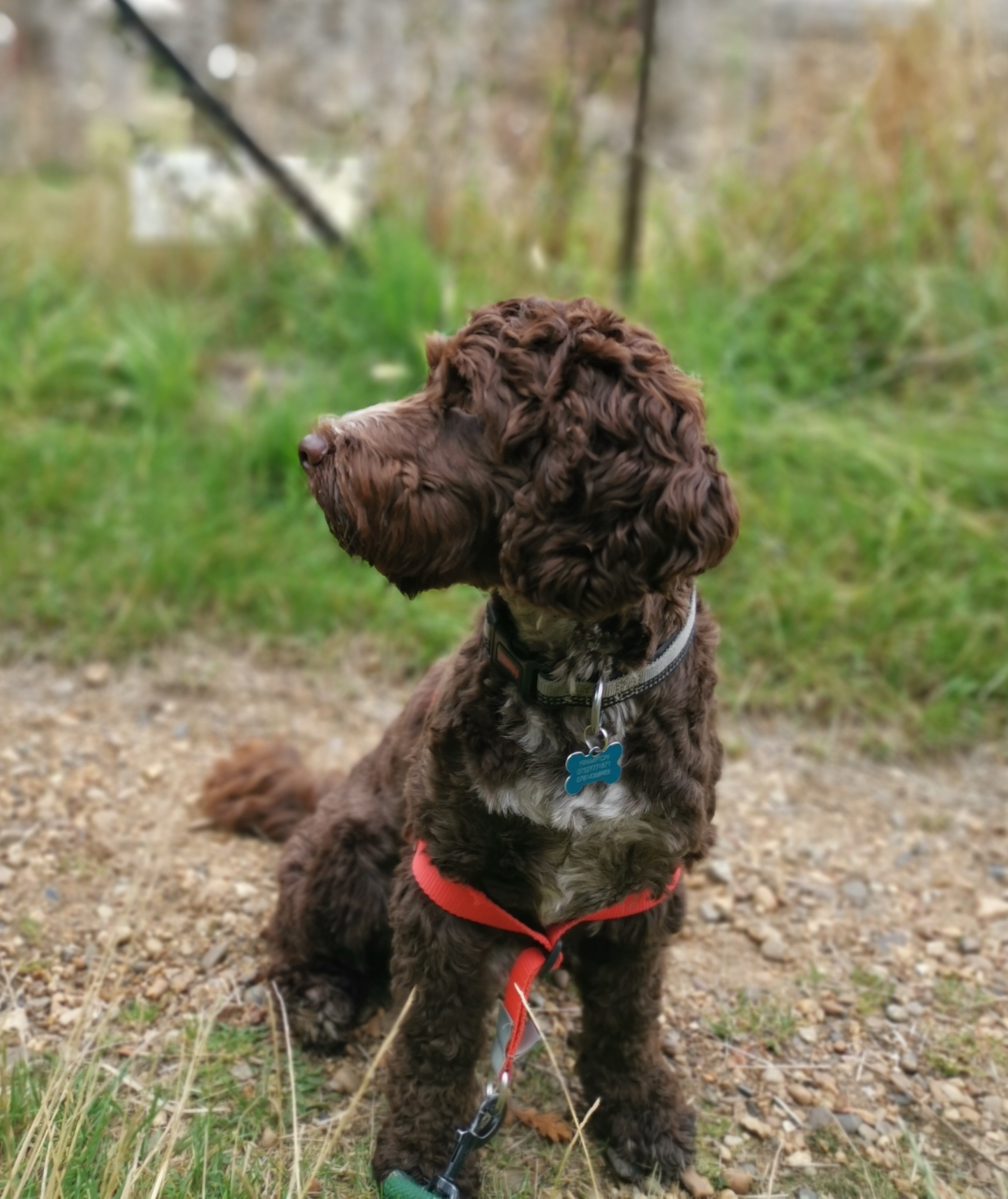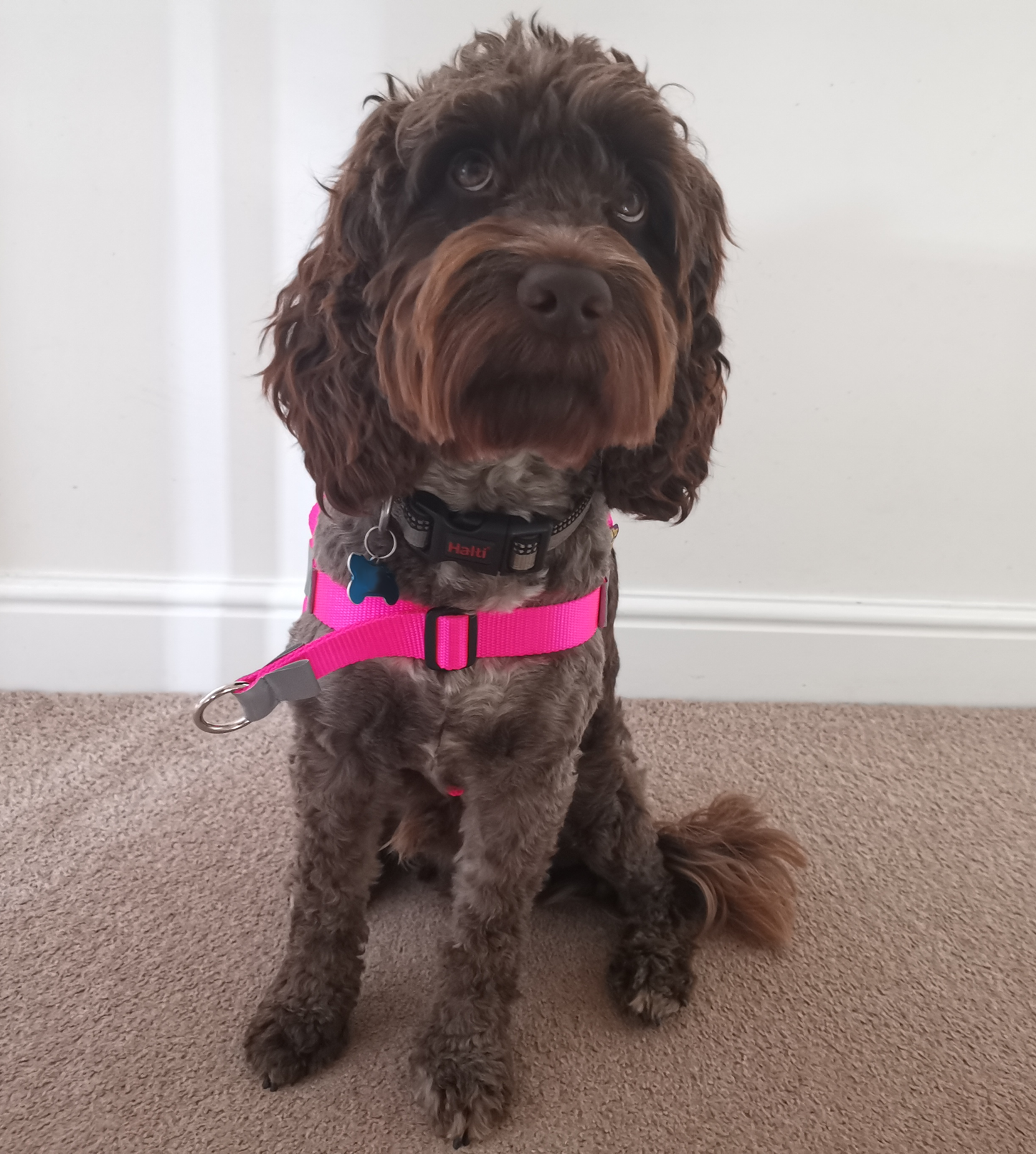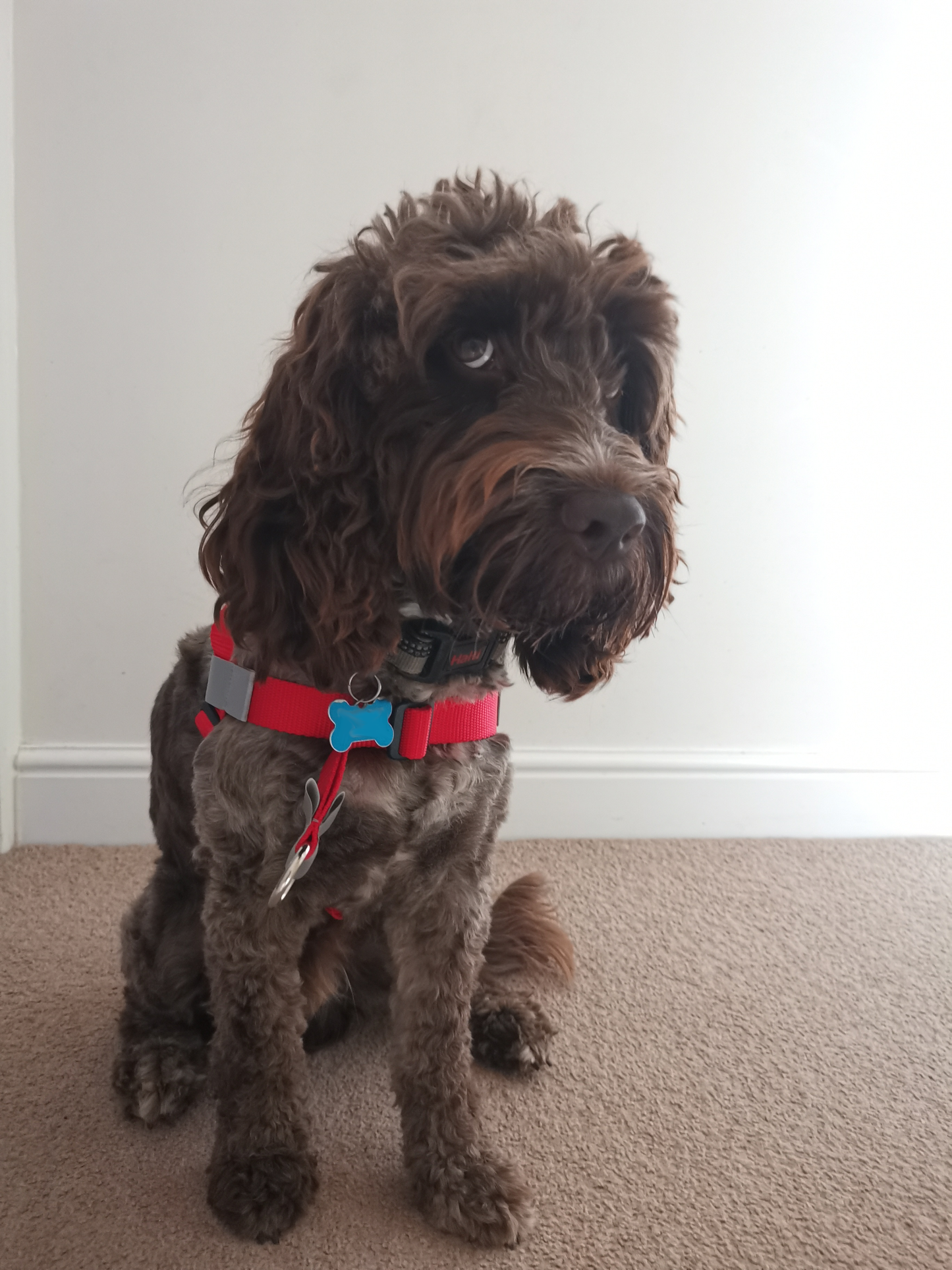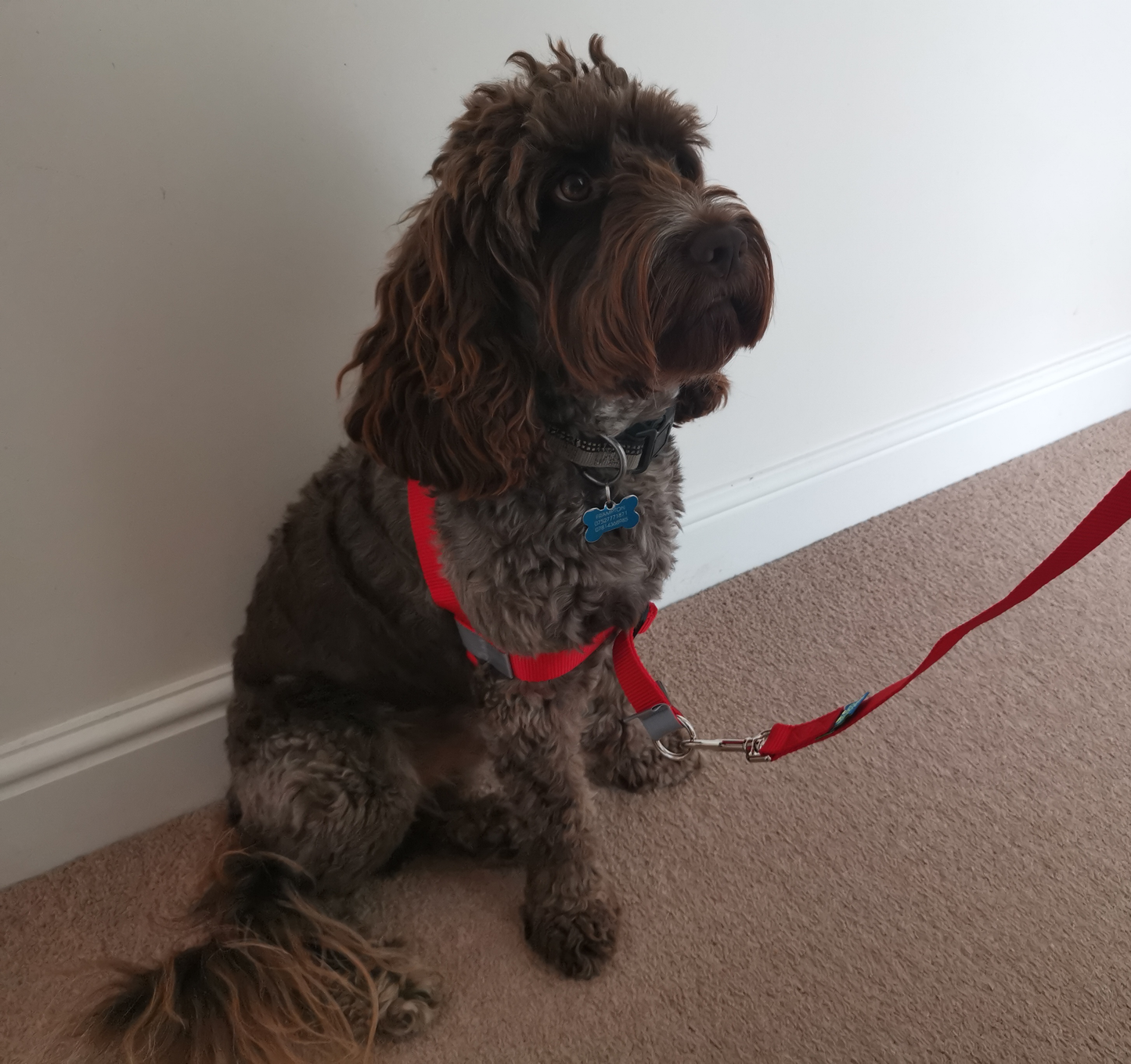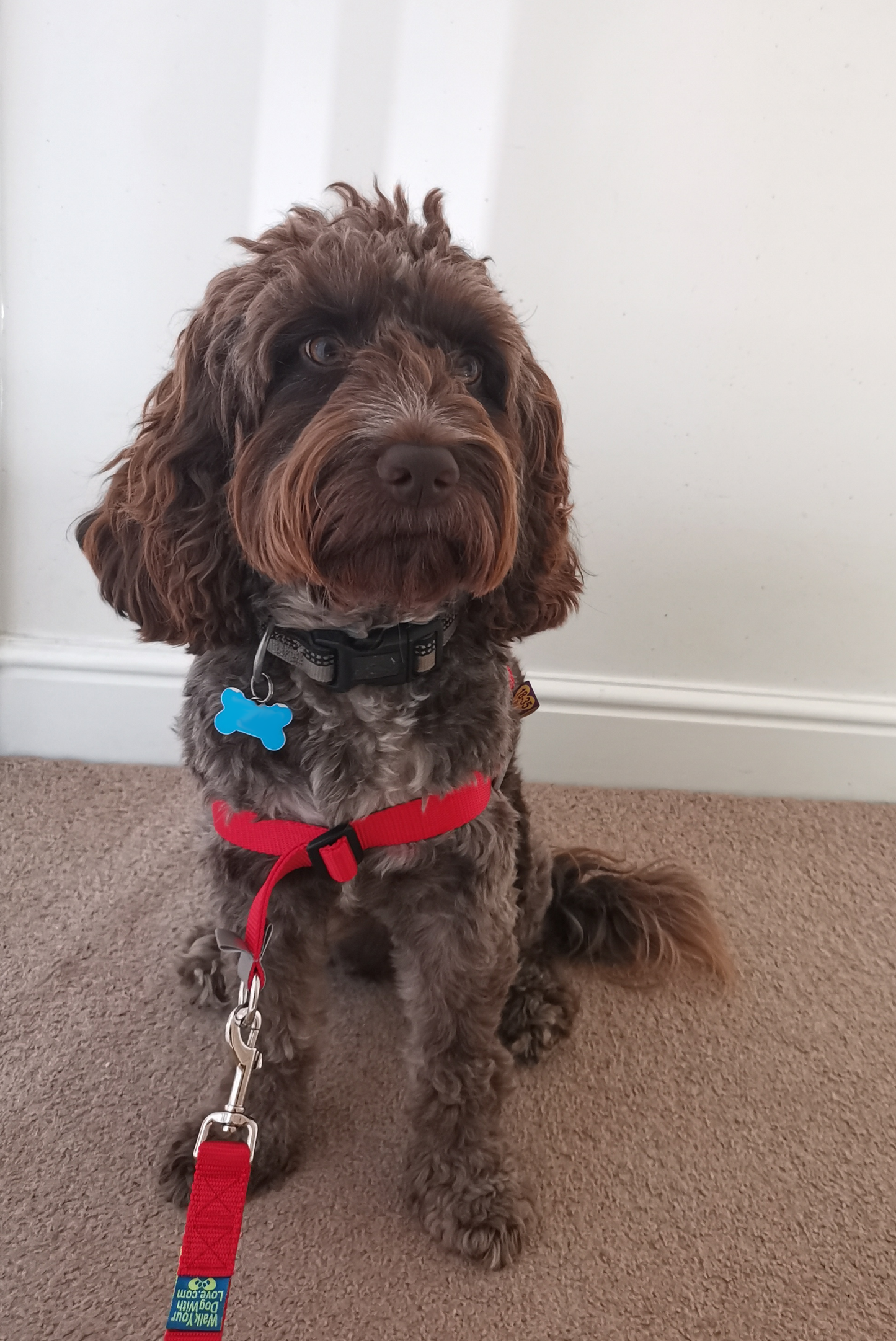Where to begin toilet training your puppy
It is important to always remember, your puppy has little or no control of their bladder. When they need to go, they go. The first thing to learn and remember is to be patient. Trust me, your dog is not pee'ing (or poo'ing) inside to make you angry, upset or part of some weird power-struggle...they simply needed to go and that was where they were!
Before we jump into our tips, it's important to be aware of the following:
- Young puppies are not physically developed to go for long periods without toileting. In fact, it is not uncommon that they will need to go every 30-45minutes!
- Dogs are creatures of habit and will often perform in the same place over and over again.
- Paper training or puppy mats are ineffective unless you plan for your dog to always do their business inside your house/flat. This trains your dog that it is ok to do their business in your house, albeit on paper, and then you will need to try and change that behaviour later. Your poor dog when they need to go will be frantically looking for paper inside the house to go on. This secondary training is more difficult because they are older and already trained to pee inside.
- Punishment doesn't work. It will lead to two potential outcomes. First the dog will fear you and will not go when you are close by, but will happily do their business when you are not in the house. Secondly, because they fear you they could go and hide when they want to do their business. You might find behind the sofa, under stairs, corner of a bedroom becomes their toilet of choice.
Tip 1
Spend a lot of time outside with your puppy and as soon as they pee or poo, give them massive praise, treats and make them feel like a king! Obviously, you cannot live outside and so you need to build habits into your daily routine. We recommend you go outside when:
- Your puppy wakes up
- They start to move about after resting
- After drinking or eating
- After a play session or exercise
- If they start to sniff the ground and/or move in circles
- If they get excited by the doorbell, phone, visitors
...and every 30 minutes!
If your house allows for it, we would recommend keeping your puppy in one room with easily wipeable flooring, preferably with access to a back door or front door until they are toilet trained. This will help you and them learn toilet training fastest. They will soon establish indoors as their "den" and they will want to keep it clean and outside is where they can/will do their business.
Tip 2
Once you have them outside wait for them to do their business and remember to praise them up, treats and reward them. If you really feel they are not going to do their business after 5-10 mins head back inside quietly and keep an eye on your puppy for signs that they need to go out again.
Over time, your puppy will start to "tell" you they need to go outside by moving towards the door. If you like you can hang a bell by the door and every time you go out, gently hold their paw and pat the bell before letting your puppy leave the house. They will soon learn that ringing the bell will give them access to the garden. While this can be great for toilet training, your puppy will soon learn that ringing the bell means they can go outside and have more fun sniffing, chasing birds, etc...so be prepared for that! Ziggy would ring the bell continually just so he could play outside. We kept a close eye and praised him up when he did his business.
Tip 3
You can encourage your puppy to do their business by throwing a couple of pieces of food near the place you want them to go to the toilet. The sniffing for the food can often trigger them to go. If you want to, you can add the cue "hurry up" or "business" to train them this is the command for doing their business. Having said that, we tried this for 2 years with Ziggy but he tends to save his wee for marking particular tree's and we haven't yet got him performing on command!
Once you have got into a regular feeding routine with your puppy, you can start to predict when they will need to wee and poo and you can adjust your schedule accordingly.
If you are really struggling and you like to have a very organised life, you can keep a toilet training diary for a few days. In the diary, simply write down when you've fed your puppy and when you take your puppy outside and make a note when they perform. With a regular routine, patterns will become clear and you can predict when they need to be outside to do their business.
Tip 4
Cleaning away the accidents. They will happen and there is no getting away from them. You will forget to take your puppy outside and they will have an accident inside. We found that picking Ziggy up when he started doing a poo seemed to give him the message that he wasn't to do that indoors. He only did this once and never again and because it was a tiled floor, the accident wasn't too difficult to clean up.
However, do not try and pick them up when they are weeing...I thought the success of the poo approach might work with him weeing! Oh no...he just sprayed the whole kitchen in pee as I picked him up and carried him. Bad idea, he was upset because he was covered in wee, I was upset because I was covered in wee...and the kitchen needed scrubbing!
Let them finish the wee and then just ignore them. Move them away from the accident if they seem interested in it. Then clean up asap with kitchen roll and then a dedicated enzymatic cleaner from the pet-store. Do not use bleach as this will add to the smell of wee and often make them wee in the same spot again and again.
Tip 5
Clean up their business as soon as they have performed. It is not uncommon that the smell of their poo is as appealing as their food and they could start to munch on it. This is a bad habit for them to develop and sometimes difficult to break. If you remove the possibility of eating their own poo, to begin with, the habit cannot happen.
Remember to be patient, your puppy might seem toilet-trained and have two or three weeks without accidents. However, they might then have a sudden growth spurt with hormones and forget everything, leaving you to start again with the basics. Sometime between three to six months you should see a remarkable difference and if you continue to struggle it may be worth trying a local trainer and/or checking with the vet for any health issues.


